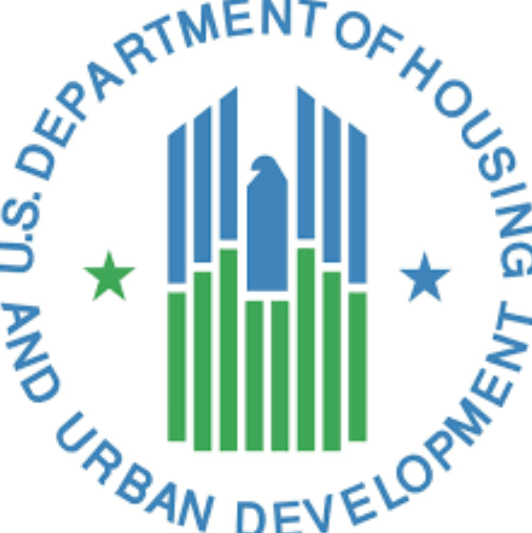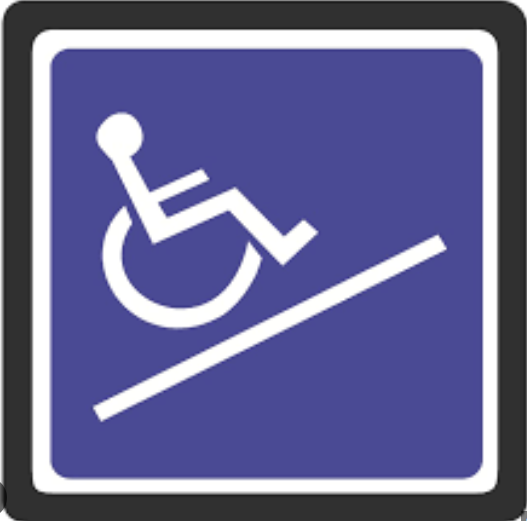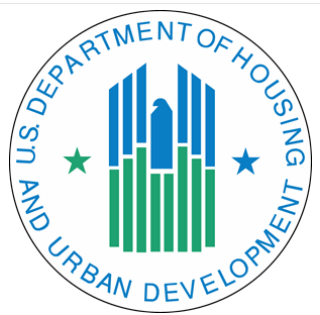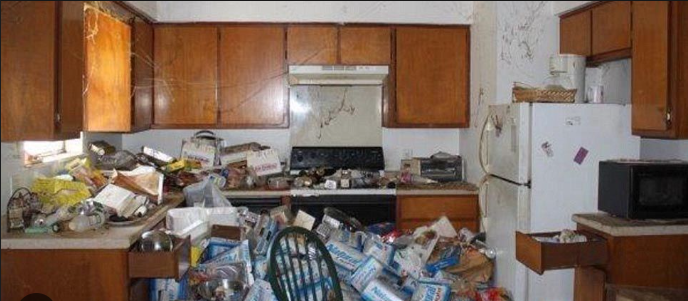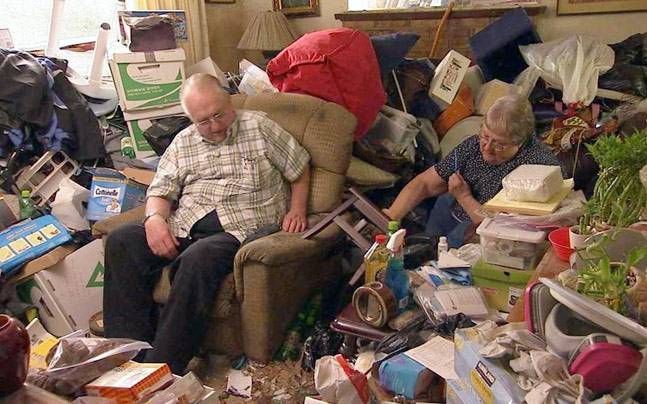
Florida Statutes - Security Deposits - Refunds
Florida statues are very specific regarding your tenant's security deposit. The rules are the same for tenants who move out under good conditions and those who don’t, including eviction. Here is part of the statute which specifies the landlord's responsibility for the security deposit upon the tenant's vacating the premises:
Florida Statutes Section 83.49 (3)(a)
Upon the vacating of the premises for termination of the lease, if the landlord does not intend to impose a claim on the security deposit, the landlord shall have 15 days to return the security deposit together with interest if otherwise required, or the landlord shall have 30 days to give the tenant written notice by certified mail to the tenant's last known mailing address of his intention to impose a claim on the deposit and the reason for imposing the claim.
What is "last known mailing address"?
The usual last known mailing address is the address of the premises or the address to which you have been sending correspondence to the tenant while the tenant was living on the premises or any other address that the tenant has given you to send correspondence to the tenant by mail.
Return all of the security deposit
If you intend to return all of tenant's Security Deposit you must do so within 15 days of the tenant vacating the premises. You may hand deliver it or mail it, via Certified Mail to the tenant's last known address.
Impose a claim against security deposit
If you intend to impose a claim of any amount against the tenant's security deposit you must mail a very specific letter titled: Notice of Intention to Impose Claim Against Security Deposit. The letter must be mailed to the tenant's last known address within 30 days upon the tenant vacating the premises.
This letter must be sent via Certified Mail and we recommend "Return Receipt Requested". If you fail to send this letter within 30 days your tenant may demand -- and you will have to pay -- the full amount of the security deposit, plus potentially attorney fees and court cost, regardless of any other debts your tenant may owe to you.
Disclaimer: Nothing contained on this website constitutes tax, legal, insurance or investment advice, nor does it constitute a solicitation or an offer to buy or sell any security or other financial instrument. AAOA recommends you consult with a financial advisor, tax specialist, attorney or other specialist who is able to properly advise you.



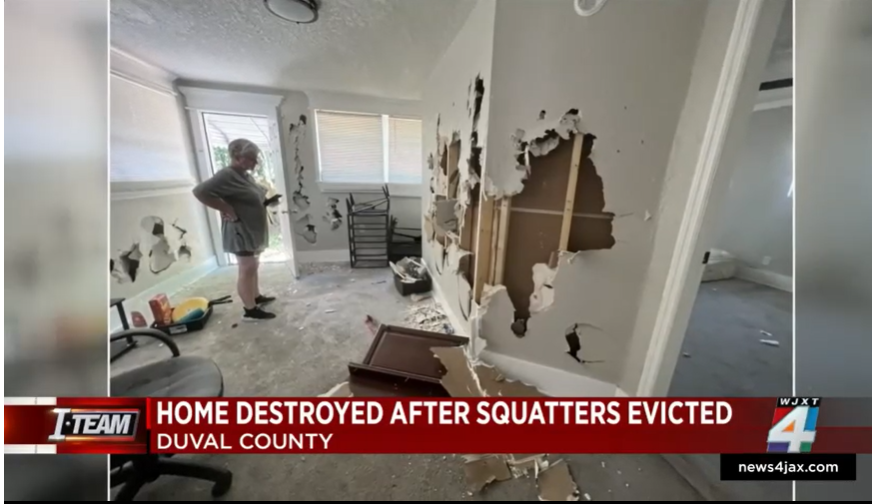

Feedback, Questions, Opinion
We will get back to you as soon as possible.
Please try again later.





